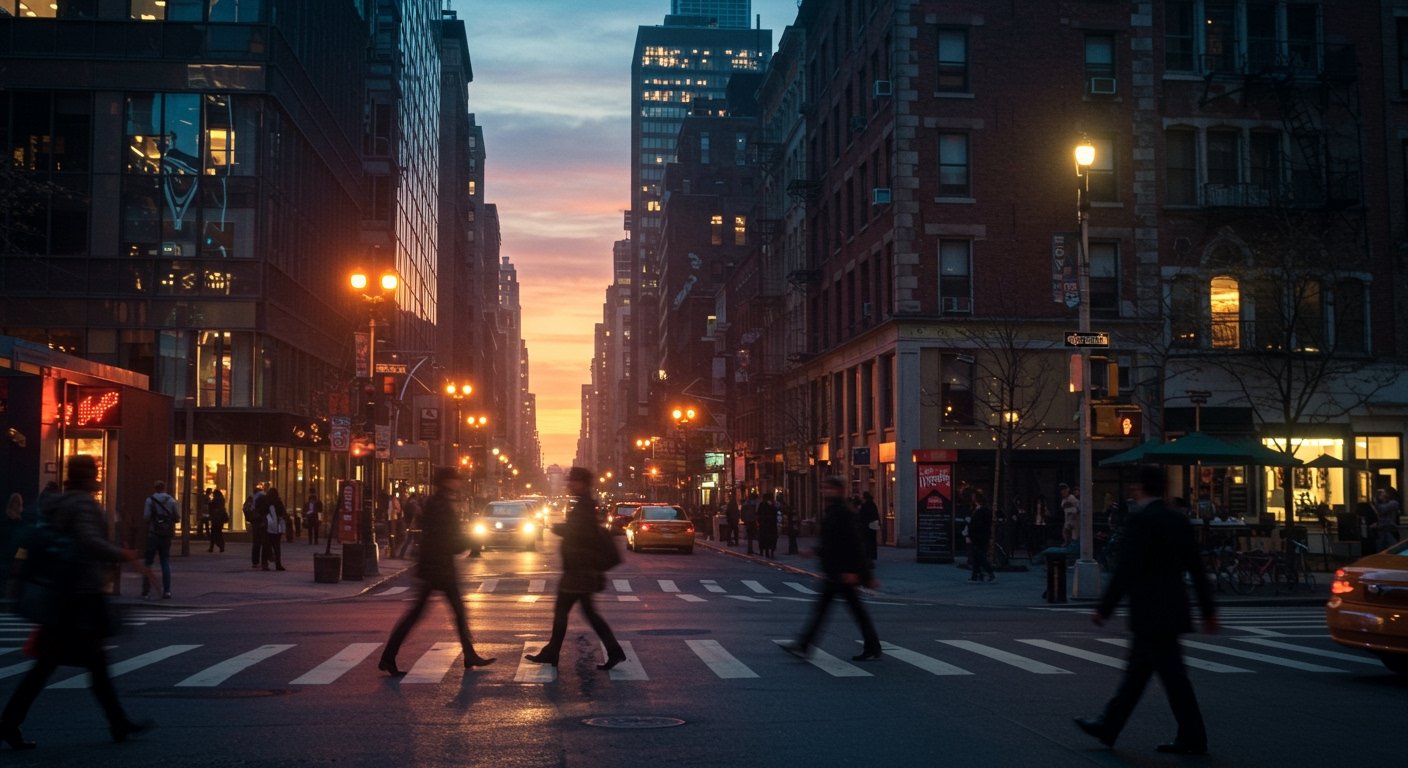Washington D.C. – A broad coalition of activist groups is set to transform the traditional Fourth of July celebration this year into a nationwide day of protest and civic action. Demonstrations are planned across all 50 U.S. states, specifically targeting the potential second-term agenda of former President Donald Trump.
Billed collectively as “Free America Weekend,” the widespread action follows closely on the heels of June’s “No Kings Day” protests, indicating a sustained effort by various opposition groups to mobilize public dissent.
Origins of the Movement
The initiative is rooted in the 50501 Movement, a name reflecting its ambitious goal of organizing 50 protests in 50 states on the same designated day. This grassroots effort emerged in late 2024 and has since gained significant traction through online organizing platforms and social media networks, including Instagram and Reddit, leveraging digital tools to coordinate a diverse array of actions.
Organizers contend that the timing of the protests on July 4th is strategically chosen as an opportune moment to underscore what they perceive as fundamental threats to American democratic principles and institutions. They cite a range of concerns related to a potential second Trump presidency, including past executive orders targeting immigrants, perceived efforts to dismantle federal agencies, and the influence of Project 2025.
Addressing Perceived Threats
Project 2025, a comprehensive policy and personnel plan developed by conservative think tanks, has drawn sharp criticism from these groups for its perceived aim to consolidate executive power and fundamentally reshape the federal government. Activists argue that the blueprint represents a significant departure from established democratic norms and structures, and that the Fourth of July provides a relevant backdrop to voice these apprehensions.
The Women’s March, a prominent organization participating in the weekend’s events, issued a forceful statement regarding the current political climate. “There is no real independence to celebrate under this administration,” the group declared, issuing a call for citizens to “stand together and reclaim the meaning of freedom.” This sentiment encapsulates the movement’s core message: that the ideals of liberty and self-governance traditionally associated with the Fourth of July are under duress and require active defense through public demonstration and civic engagement.
Scope and Activities Planned
The scale of the planned demonstrations is considerable, with organizers reporting that over 170 distinct events are scheduled to take place nationwide throughout “Free America Weekend.” These events are designed to take various forms, reflecting a diverse approach to protest and activism.
Planned activities include traditional rallies at state capitals, community-focused block parties, expressive dance protests, visible banner drops in public spaces, and collaborative community art projects. This variety aims to offer different avenues for participation, appealing to a wide range of individuals and groups opposed to the former president’s potential policy directions.
Specific locations slated for major gatherings highlight the nationwide scope of the effort. These include significant political and public spaces such as Albany and City Hall in New York, the State Capitols of California and Texas, Philadelphia (a city historically significant to the nation’s founding), Tampa, and Tallahassee.
Recognizing that not all individuals may be able to attend large-scale protests, the Women’s March also encouraged participation through smaller, neighborhood-level events. They suggested creating spaces for people to “dream about freedom with hot dogs and veggie burgers,” emphasizing a blend of civic reflection and community gathering. This illustrates the movement’s attempt to connect the abstract concepts of freedom and democracy with tangible community interaction and discussion.
Overall, the “Free America Weekend” demonstrations represent a deliberate effort by activist coalitions to inject political dissent into a national holiday typically associated with unity and celebration. By framing July 4th as a moment to address perceived threats to democratic values, organizers aim to mobilize opposition to Donald Trump’s potential return to the presidency and his outlined policy objectives. The movement seeks to blend elements of traditional American celebration with acts of public dissent, underscoring the view that defending democratic principles is integral to the concept of freedom itself.













